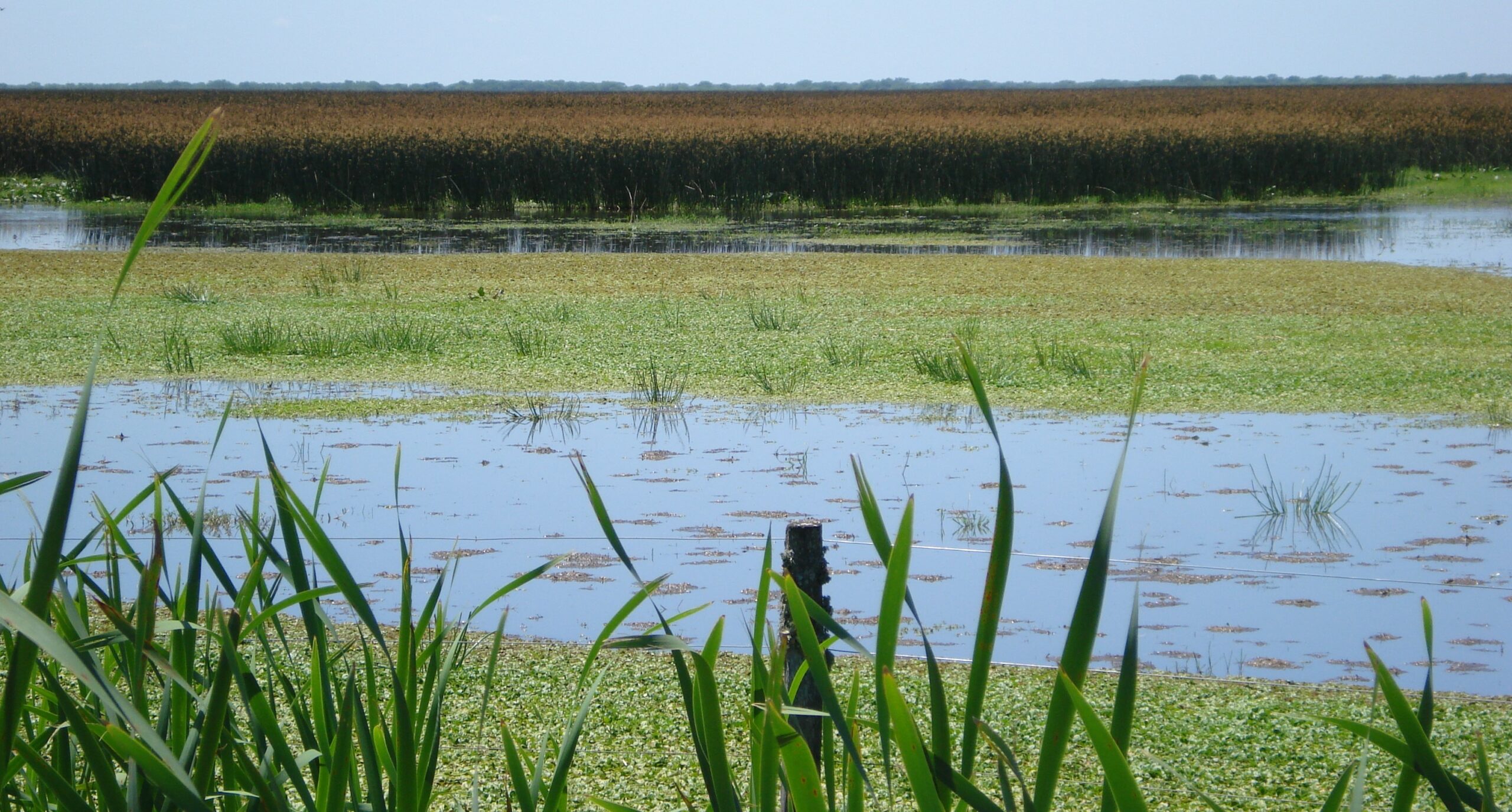As part of a larger goal related to the recovery of wetlands, a day was held in Río Negro to highlight the ecological and social value of these ecosystems.
In this case, those located in the Lower Valley of the Negro River. Local organizations, environmental leaders, and residents took part in an educational activity where the positive role of these giants was emphasized.
The wetland recovery initiative: environmental education in the field
The event took place as part of an awareness campaign that included guided tours of the wetlands, informative talks on biodiversity, and participatory workshops for all ages.
The goal was to promote knowledge about the ecosystem services provided by these environments and encourage their active protection by the community.

The proposal, carried out at the Regional University Center Zona Atlántica and Sur (CURZAS), emerged as an extension project called “Enhancement of the Aquatic Ecosystems of the Lower Valley of the Negro River.”
Attendees were able to learn on-site how wetlands regulate floods, filter contaminants, capture carbon, and support a huge diversity of flora and fauna.
Wetlands: why they are key to ecological balance
The wetlands of the Lower Valley of the Negro River act as true green lungs of the region. They store freshwater, provide shelter for migratory birds, and offer raw materials and food to many rural communities.
However, these ecosystems face increasing threats, like most throughout the country and the world.
An example is urban expansion, agricultural pollution, and lack of territorial planning. That’s why these activities aim to raise awareness among citizens and call for action to protect these spaces.
 The role of wetlands.
The role of wetlands.
With strong social participation, the event showed that environmental education in the field is a powerful tool to strengthen the bond between people and nature.

